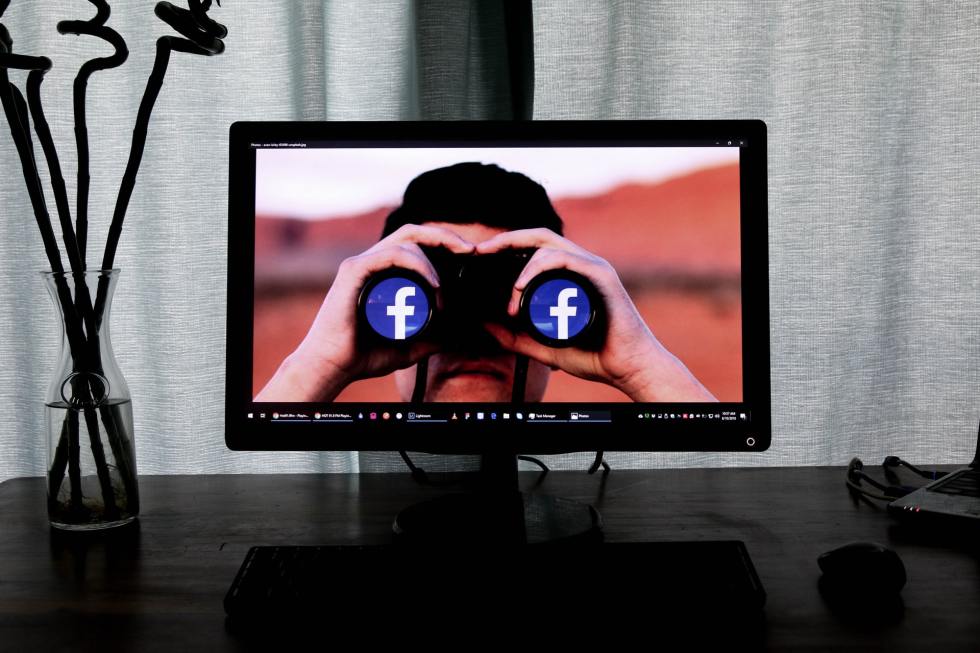For the past few years, the Facebook CEO has shown futuristic plans. As the social network loses popularity and public trust, he has shown interest in new topics, ones that have not been used in testimonies against him in Congress.
Related Reading | U.S. Congress Wants to Grill Zuckerberg Again Before January 2020
Mark Zuckerberg wants to outgrow Facebook. Yes, he wants to be bigger than social media, which already is huge in the lives of almost every person. He wants to be bigger than Facebook, a network that has allegedly been used to influence people’s decisions by analyzing their personal data.
He wants to go bigger, and that does not mean better.
Alongside AR glasses, Zuckerberg’s main focus is now on building the metaverse. This idea points to a truly virtual world, where people can actually enter a virtual space.
Zuckerberg has invested millions of dollars in the possibilities of building the metaverse. He also announced his plan to hire around 10,000 people around Europe. Now that he seems to be considering changing Facebook’s name, this event points out to the company finally shifting to serve his ultimate project.
Last summer, he told The Verge that the metaverse is
going to be a big focus, and I think that this is just going to be a big part of the next chapter for the way that the internet evolves after the mobile internet,(…) And I think it’s going to be the next big chapter for our company too, really doubling down in this area.
A Centralized Corporation Vs. Free Global Trade
Of course, the word metaverse is not Zuckerberg’s invention. Its origin dates back to 1992 when the sci-fi writer Neal Stephenson coined it for his novel “Snow Crash”.
In the midst of Zuckerberg’s announcement, a Twitter user reminded that the word “metaverse” was used to portray “a virtual world owned by corporations where end-users were treated as citizens in a dystopian corporate dictatorship.”
To this, Twitter’s CEO Jack Dorsey replied: “NARRATOR He was.”
To talk about Zuckerberg’s interests versus Dorsey’s means to talk about centralization versus decentralization, the omniscient evil corp who wants to rule it all versus the ones who hope for free global trade through Bitcoin, taking nothing from its users.
As a big Bitcoin enthusiast, Jack Dorsey believes in a decentralized system, a global currency, and international free trade of goods and services. He thinks BTC will open the doors to a future where the possibilities for world peace are higher.
Dorsey’s work for building a decentralized exchange for Bitcoin aims to be completely open, as he had tweeted back in July: “Open roadmap, open development, and open source.”
As he plans to use the Bitcoin blockchain to bring more opportunities to the world, he opposes entirely Zuckerberg’s idea of dominating a new reality and influencing his users for self-benefit.
Zuckerberg looks at the power of cryptocurrency as a means to gain more control, and Dorsey looks at Bitcoin as the future native currency of the internet and the basis for a non-custodial wallet accessible to all.
He Who Rules The Dystopian World
While testimonies from previous Facebook employees are heavily criticizing the company, these metaverse announcements have a tendency to come to the light whenever the parliamentary committee is due to hearing them.
The Washington Post made a strong point back in September by saying that Facebook’s intentions are clearly political and due to its reputation declining.
A general worry resonates with their quote of Joan Donovan, research director of the Shorenstein Center on Media, Politics and Public Policy at Harvard University
As long as you can make technology seem fresh and new and cool, you can avoid regulation, (…) And you can run defense on that for several years before the government can catch up.
Mark Zuckerberg’s records do not show him as a person who plays for democracy, but for himself. Strategies on top of strategies have not quite covered his company’s toxicity. If he were to be the one to rule our future reality, what hopes would be left for a decentralized world?
Facebook’s mass manipulation does not paint a sunny landscape for a virtual reality where, beyond reading our data and selling it, they could hear us, see us in real-time, know how we act, and influence the masses even further.
The metaverse itself is not an ill idea, but the fact that it would most likely be centralized and dominated by a big corporation leaves many trembling.
It is no longer about Facebook dominating the virtual reality market. One big guy ruling over our surroundings makes the world a place where ideas, politics, and the economy are entirely delivered to the hands of the top 1%.
Related Reading | China Can’t Regulate Virtual Worlds – The Pros of Decentralized Metaverses
On his own proposition that questions whether his idea of virtual reality can bring us closer than screens, would it not be isolating us even further by masking the need for human contact with fancy gadgets? Welcome to a dystopic world where the “evil corp” did not just play democracy, but bare human needs.
Meanwhile, Bitcoin enthusiasts play for the actual bigger leagues: focusing on major problems of the world’s economy; protecting the user’s needs and privacy, thus showing true democratic behavior; aiming for international free trade as the connection that people could actually benefit from.
